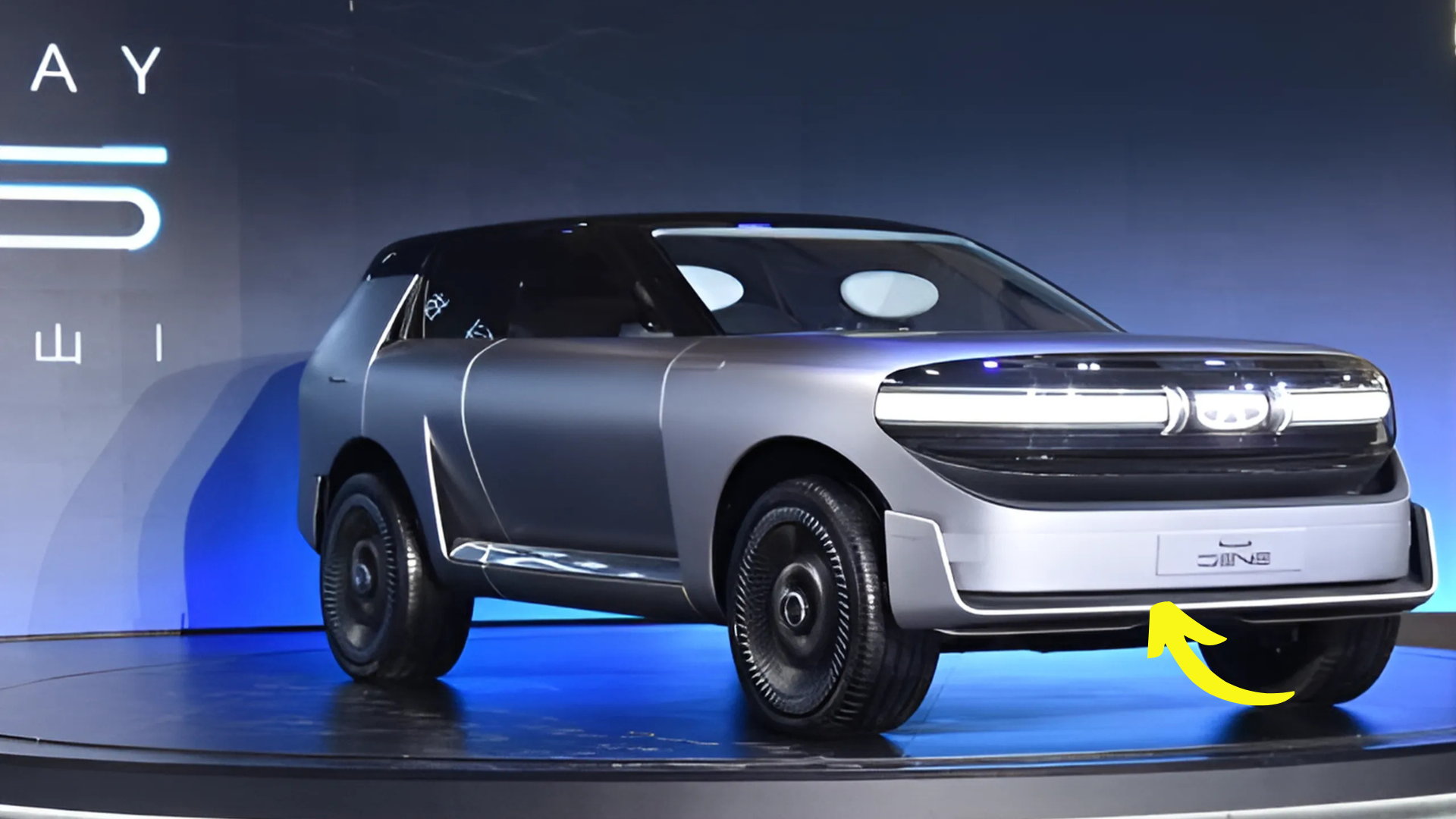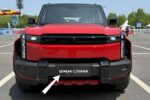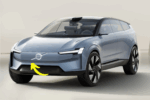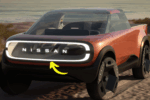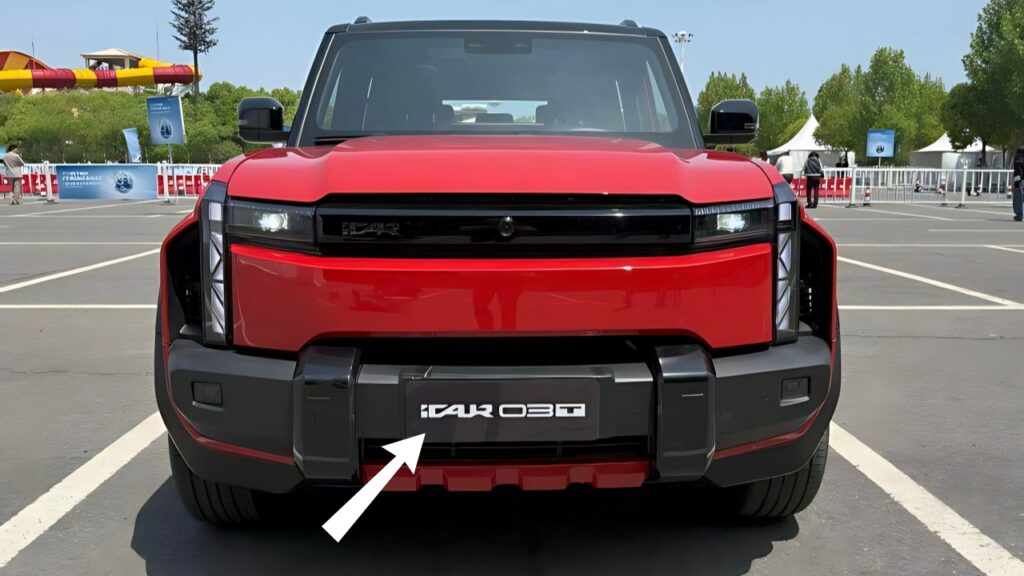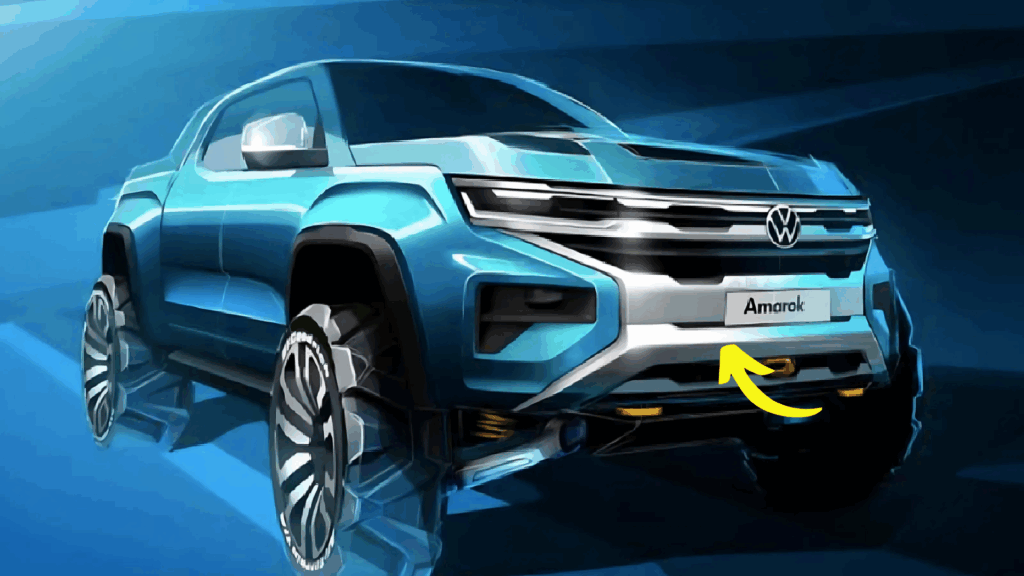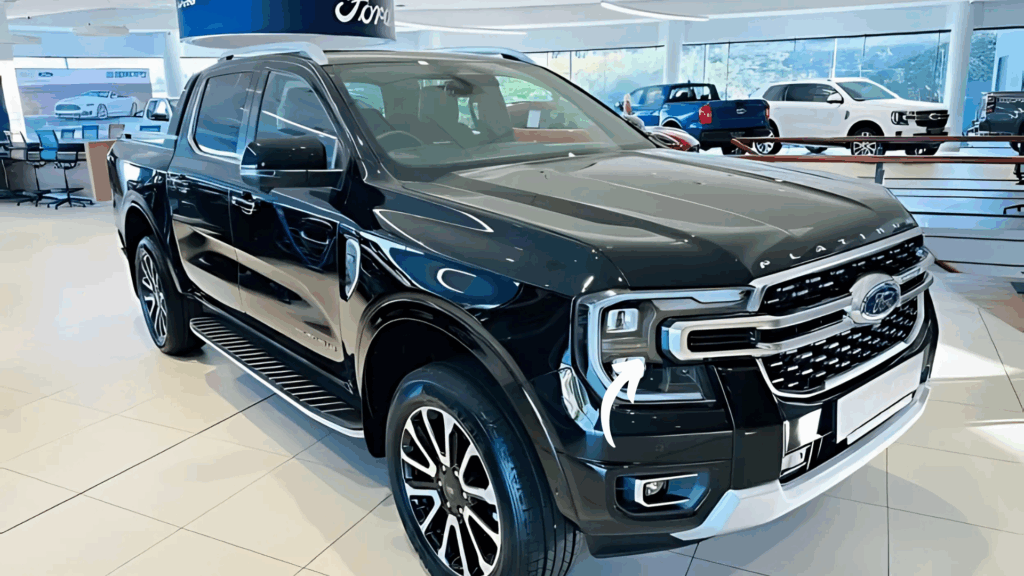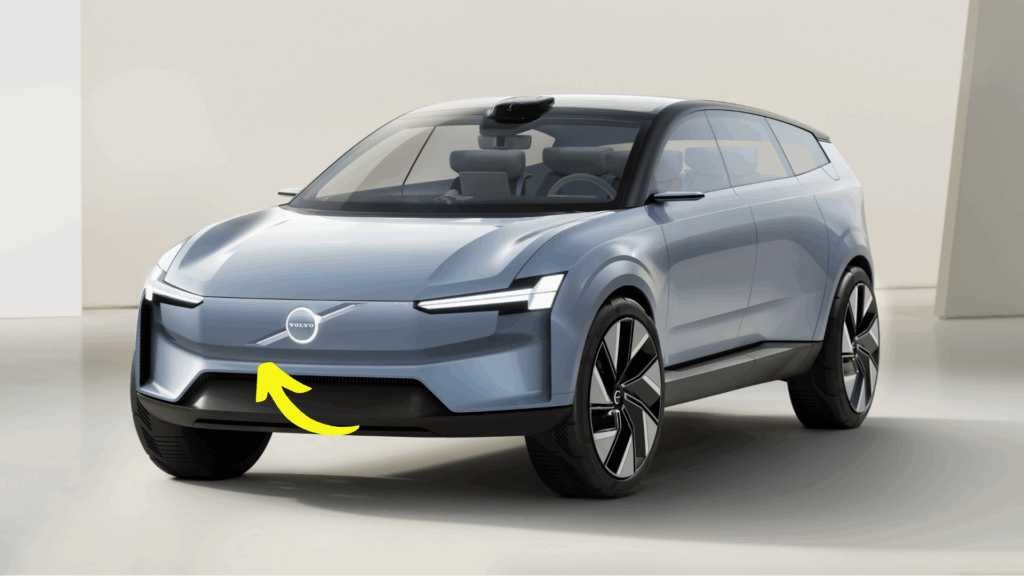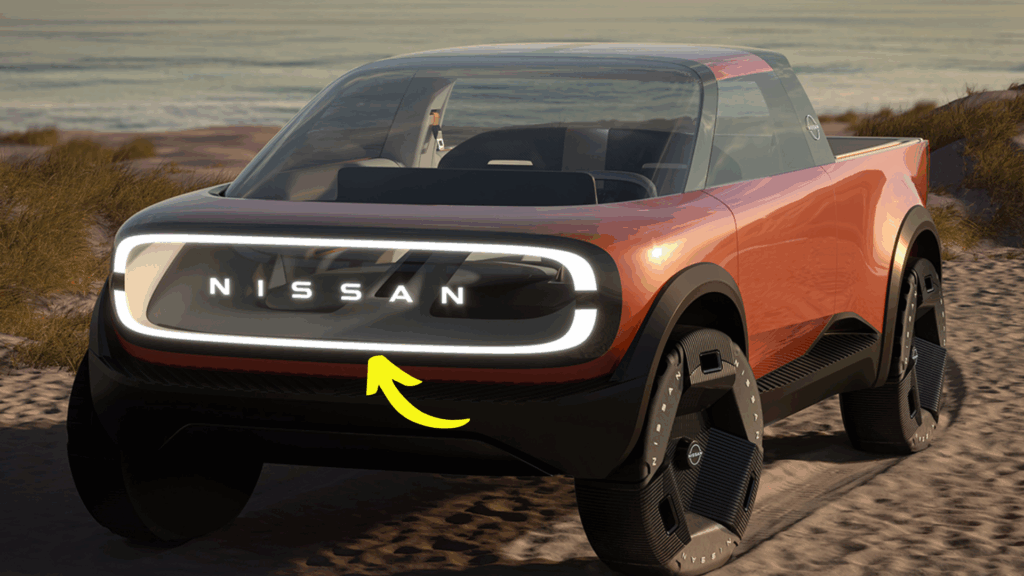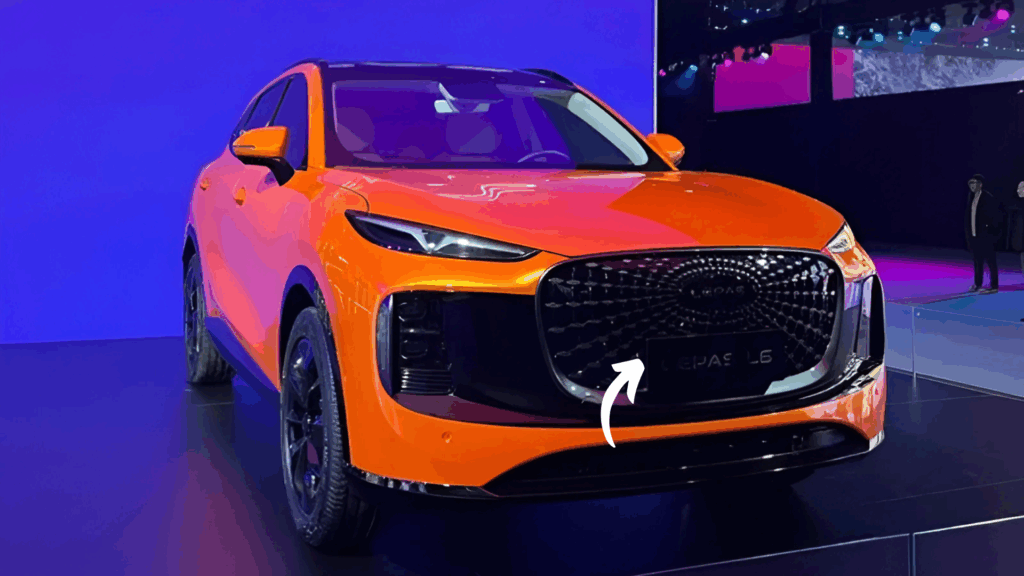In a significant development for the European automotive landscape, Chinese automotive giant Chery is reportedly in advanced talks with Volkswagen to manufacture vehicles at VW’s facilities in Germany. This potential collaboration marks another bold step in Chinese automakers’ expanding presence in Europe and could reshape competitive dynamics in one of the world’s most established car markets.
The move comes at a time when European manufacturers face mounting challenges from Asian competitors who are rapidly advancing in electric vehicle technology and manufacturing efficiency. This partnership could potentially alter the balance of power in an industry undergoing profound transformation.
Table of Contents
The Potential Deal: What We Know So Far
The discussions between Chery and Volkswagen center around the possible acquisition or utilization of two VW plants in Germany – one in Dresden and another in Osnabruck. These facilities have been slated for closure as part of Volkswagen’s ongoing cost-cutting measures aimed at improving profitability amid challenging market conditions.
Charlie Zhang, Vice President of Chery International, has confirmed that the company is exploring manufacturing opportunities in Germany, though he stopped short of specifically naming Volkswagen as the partner. “We need to study the feasibility plan, because in Germany, the situation is very, very complicated,” Zhang noted in recent statements to automotive media.
The Chinese automaker is particularly concerned about navigating Germany’s regulatory requirements, labor union relationships, supply chain logistics, and overall production costs. These factors will ultimately determine whether the deal moves forward.
According to industry analysts, the talks represent a pragmatic approach by both companies to address their respective challenges. For Volkswagen, the partnership could provide a way to maintain employment at facilities that might otherwise close permanently, while for Chery, it offers an instant manufacturing footprint in Europe’s largest economy.
The timing of these negotiations is particularly noteworthy as it comes amid increasing trade tensions and regulatory scrutiny regarding Chinese automotive investments in Europe. If successful, this would mark one of the most significant partnerships between a European and Chinese automaker to date.
Lepas: Chery’s New Brand for European Markets
Should the partnership materialize, Chery plans to manufacture vehicles under its newly launched Lepas brand at the German facilities. This brand, officially unveiled on April 2, 2025, will feature modified versions of Chery’s Tiggo range specifically designed for global markets.
The Lepas brand represents Chery’s most ambitious effort yet to capture market share in premium automotive segments outside of China. With sleek design language and advanced technology features, these vehicles aim to compete directly with established European brands rather than solely on price point.
The European production would focus on three SUV models:
- Two compact SUV models with distinctive styling and cutting-edge infotainment systems
- One midsize SUV offering spacious accommodations and luxury appointments
These vehicles would offer multiple powertrain options to meet diverse market demands:
- Traditional combustion engines optimized for efficiency
- Advanced plug-in hybrid systems with extended electric range
- State-of-the-art fully electric powertrains with fast-charging capability
Industry observers note that localizing production of these models in Germany would allow Chery to rapidly adapt to European consumer preferences and regulatory requirements. The company would benefit from Germany’s skilled workforce and established supplier networks while gaining invaluable insights into European quality standards.
| Planned Lepas Models for Europe | Vehicle Type | Available Powertrains | Expected Launch | Target Competitors |
|---|---|---|---|---|
| Lepas L8 | Midsize SUV | Petrol (initial), PHEV, and BEV versions planned | Late 2025 | VW Tiguan, Toyota RAV4 |
| Lepas L6 | Compact SUV | Multiple options, including hybrid | 2026 | VW T-Roc, Peugeot 2008 |
| Lepas L5 | Compact SUV | Emphasis on full electric | 2026 | Hyundai Kona Electric, Kia Niro EV |
The Lepas L8, expected to be the flagship model, will showcase Chery’s technological prowess with features like adaptive suspension, advanced driver assistance systems, and connectivity options comparable to premium European offerings. The vehicle’s design reportedly blends Eastern and Western aesthetic sensibilities, creating a distinctive appearance that stands out in the crowded SUV market.
Also Read: MG S5 EV 2025, Affordable Electric SUV Rivals BYD Atto 3
Strategic Expansion Across Europe
The potential German production facility represents just one piece of Chery’s comprehensive European strategy. The company is already manufacturing vehicles at a former Nissan factory in Barcelona, Spain, through a partnership with local firm Ebro that began in 2024.
According to Zhang, Chery is planning to upgrade the Spanish facility to:
- Increase production of the Tiggo PHEV SUV to meet growing demand
- Add electric versions of its Omoda and Jaecoo brands for European distribution
- Establish more robust local supply chains to increase European content
The Barcelona plant currently operates below its potential annual capacity of 200,000 vehicles, but Chery intends to ramp up production significantly by the end of 2025. This facility provides the company with valuable experience in European manufacturing processes and regulatory compliance before potentially expanding to Germany.
Meanwhile, Chery is also exploring production possibilities in other European locations. Reports indicate potential partnerships in Turkey, though there has been some confusion regarding investment plans. The Turkish presidency initially announced Chery would invest $1 billion in a 200,000-unit EV factory in Samsun – claims that were subsequently denied by the company. Nevertheless, the interest in Turkish manufacturing demonstrates Chery’s multifaceted approach to European expansion.
This multi-site approach offers Chery several strategic advantages:
- Avoidance of hefty tariffs recently imposed by the EU on Chinese electric vehicles
- Ability to adapt products specifically for European consumer preferences
- Establishment of a strong local presence in Europe’s largest automotive markets
- Risk diversification across multiple regions and regulatory environments
- Flexibility to optimize production based on local costs and market demand
According to automotive industry consultant Matthias Schmidt, “Chery’s strategy of establishing multiple production points across Europe demonstrates a sophisticated understanding of the continent’s complex automotive landscape. Rather than treating Europe as a single market, they’re approaching it as a collection of regional markets with unique characteristics.”
Chery’s Global Growth Trajectory
As China’s fourth-largest automaker, Chery has demonstrated impressive growth in recent years. In 2024, the company sold over 2.6 million vehicles globally through its nine brands and joint ventures, including its partnership with Jaguar Land Rover.
The company operates with an ambitious global vision, maintaining:
- Eight research and development centers worldwide, including facilities in Frankfurt, Germany
- A workforce of over 18,000 engineers dedicated to advancing technology
- Presence in more than 110 countries across six continents
- A global user base exceeding 15 million, with particularly strong growth in developing markets
Chery’s “Double 50” strategic plan, announced in 2021, aims to achieve:
- 500,000 vehicle exports annually by 2025
- $5 billion in export revenue by 2025
- Significant growth in global brand recognition
- Technological leadership in hybrid and electric propulsion systems
The company has already made substantial progress toward these goals, with exports growing from 114,000 units in 2020 to approximately 300,000 units in 2021. The acceleration continued through subsequent years, positioning Chery as China’s leading exporter of passenger vehicles for 18 consecutive years.
Chery’s global strategy extends beyond simply selling vehicles. The company has focused on building comprehensive ecosystems in target markets, including dealer networks, after-sales service infrastructure, and financial services. Recently, Chery signed a strategic partnership agreement with Allianz Partners to jointly develop mobility solutions specifically for European consumers.
Technology and Innovation Focus
Chery’s expansion into Europe comes alongside significant investments in advanced technology. In April 2025, the company launched its new hybrid system called Kunpeng Super Hybrid CDM/CEM, which promises class-leading efficiency and performance.
The company has formed strategic alliances with technology leaders, including:
- Huawei Technologies for intelligent connectivity solutions
- Alibaba Group for digital services and e-commerce integration
- iFLYTEK for advanced voice recognition and artificial intelligence
- Horizon Robotics for autonomous driving capabilities
These partnerships reflect Chery’s comprehensive approach to vehicle development, encompassing traditional automotive engineering alongside cutting-edge digital technologies. The company reportedly invests approximately 7% of its total sales in research and development, significantly above industry averages.
For European production, Chery would likely implement its most advanced manufacturing processes, potentially including:
- Highly automated assembly lines with collaborative robotics
- Advanced quality control systems using machine vision and AI
- Digital twin technology for virtual process optimization
- Sustainable manufacturing practices to meet European environmental standards
Broader Context: Chinese Automakers in Europe
Chery’s potential partnership with Volkswagen reflects a wider trend of Chinese automotive companies establishing manufacturing operations in Europe. This movement is driven by several factors:
- Tariff Avoidance: The European Union has imposed substantial duties on imported Chinese electric vehicles, making local production economically advantageous. These tariffs, which can reach up to 35.3% for some manufacturers, have accelerated plans for European production facilities.
- Market Adaptation: Manufacturing within Europe allows for better customization of vehicles to meet European standards and consumer preferences. European consumers typically have different expectations regarding interior quality, driving dynamics, and safety features compared to other markets.
- Brand Positioning: Local production helps Chinese brands overcome perception barriers and establish credibility in premium markets. The “Made in Germany” label carries particular weight in automotive circles and could significantly enhance brand perception.
- Technology Showcase: European facilities provide platforms to demonstrate Chinese advancements in electric and hybrid technologies. Success in Europe’s demanding regulatory environment serves as a powerful endorsement of technological capabilities.
- Learning Opportunity: Producing vehicles in European manufacturing heartlands provides valuable knowledge transfer that can benefit global operations. German automotive engineering expertise remains highly regarded worldwide.
Other Chinese manufacturers pursuing similar strategies include BYD, which plans to begin European production of its Seagull model in 2025, offering features normally found in more expensive vehicles for under €20,000. Meanwhile, Geely-owned brands like Polestar and Lynk & Co have already established significant European operations.
The competition among Chinese brands for European manufacturing capacity appears to be intensifying, with multiple companies reportedly expressing interest in acquiring or partnering with existing facilities rather than building greenfield plants.
What This Means for Volkswagen
For Volkswagen, a partnership with Chery presents both opportunities and challenges:
Potential Benefits:
- Revenue generation from otherwise underutilized or closing facilities
- Cost-sharing advantages in a difficult economic climate
- Possible technology exchange opportunities, particularly in fast-evolving EV segments
- Maintenance of employment for factory workers
- Prevention of complete plant closures, which would have significant social and political implications
- Potential access to efficient Chinese supply chains for certain components
Potential Concerns:
- Introduction of a new competitor to its home market with direct access to local expertise
- Complex labor union negotiations around employment terms and conditions
- Potential brand image implications of producing Chinese vehicles in traditional German factories
- Technology protection considerations regarding intellectual property
- Balancing the partnership against existing joint ventures in the Chinese market
- Potential political and public relations challenges regarding job security and foreign investment
Volkswagen’s willingness to consider such partnerships reflects the challenging conditions facing European automakers. The company recently announced a €10 billion cost-cutting program and has been evaluating various options for its less profitable plants.
According to automotive industry analyst Ferdinand Dudenhöffer, “For Volkswagen, this represents a pragmatic response to overcapacity issues while potentially creating a bridge to the growing Chinese automotive technology ecosystem. However, the company must carefully balance short-term financial considerations against long-term strategic positioning.”
The Regulatory and Political Landscape
Any agreement between Chery and Volkswagen would need to navigate a complex regulatory environment. The European Commission has become increasingly cautious regarding Chinese automotive investments, particularly those involving advanced technology transfers.
Key regulatory considerations include:
- Investment Screening: The EU has strengthened its investment screening mechanisms, allowing for greater scrutiny of foreign investments in sensitive sectors.
- Labor Regulations: German labor laws provide significant protections for workers, and any deal would likely require extensive negotiations with powerful labor unions.
- Environmental Standards: European production must comply with strict environmental regulations that may require adaptation of manufacturing processes.
- Content Requirements: To qualify for tariff-free treatment within the EU, vehicles must meet specific local content thresholds.
Political considerations also loom large, as European governments balance the economic benefits of manufacturing investments against concerns about competitive dynamics and technological sovereignty. The German government, in particular, has historically played an active role in major automotive industry developments.
Implications for the European Market
If finalized, this partnership would represent a significant milestone in the evolution of Europe’s automotive industry. The entry of major Chinese manufacturers into direct production on European soil signals a new competitive dynamic that established players must address.
For consumers, the introduction of Chery’s Lepas brand through German production could mean:
- Greater vehicle choice across price points with competitive feature sets
- Accelerated innovation in electric and hybrid technologies as competition intensifies
- Potential price pressure on existing models, particularly in the electric vehicle segment
- New design aesthetics are entering the market, potentially influencing future vehicle styling
- Access to vehicles with different priorities and characteristics from traditional European offerings
The European automotive market is already experiencing significant transformation, with electrification, connectivity, and autonomous driving capabilities reshaping consumer expectations. Chinese manufacturers like Chery bring different perspectives on these trends, potentially accelerating certain developments while introducing novel approaches to others.
Industry analysts suggest that European consumers may benefit from this increased competition, but established manufacturers face significant challenges in adapting their business models. The potential Chery-Volkswagen partnership could serve as a bellwether for similar arrangements as the industry continues its transformation.
The coming months will be crucial as Chery completes its feasibility analysis and makes a final decision on the German production facilities. Whatever the outcome, it’s clear that Europe’s automotive landscape is undergoing a profound transformation, with Chinese manufacturers increasingly positioned as major players rather than distant challengers.
FAQs
Is the deal between Chery and Volkswagen finalized?
No, Chery has confirmed it’s in advanced talks but notes that final decisions depend on resolving various complex factors related to German manufacturing.
Which Chery vehicles would be manufactured in Germany?
If the deal proceeds, Chery plans to produce vehicles under its new Lepas brand, including SUVs with various powertrain options, including petrol, hybrid, and fully electric versions.
Why are Chinese automakers interested in European production?
Local production helps avoid EU tariffs on Chinese imports, allows better adaptation to European standards, and helps establish brand credibility in premium automotive markets.
Does Chery already produce vehicles in Europe?
Yes, Chery currently manufactures vehicles at a former Nissan plant in Barcelona, Spain through a partnership that began in 2024 and plans to expand production there.
What is Volkswagen’s motivation for this potential partnership?
The partnership could allow Volkswagen to generate revenue from facilities slated for closure while maintaining employment opportunities for workers and potentially gaining insights into Chinese automotive technology.
